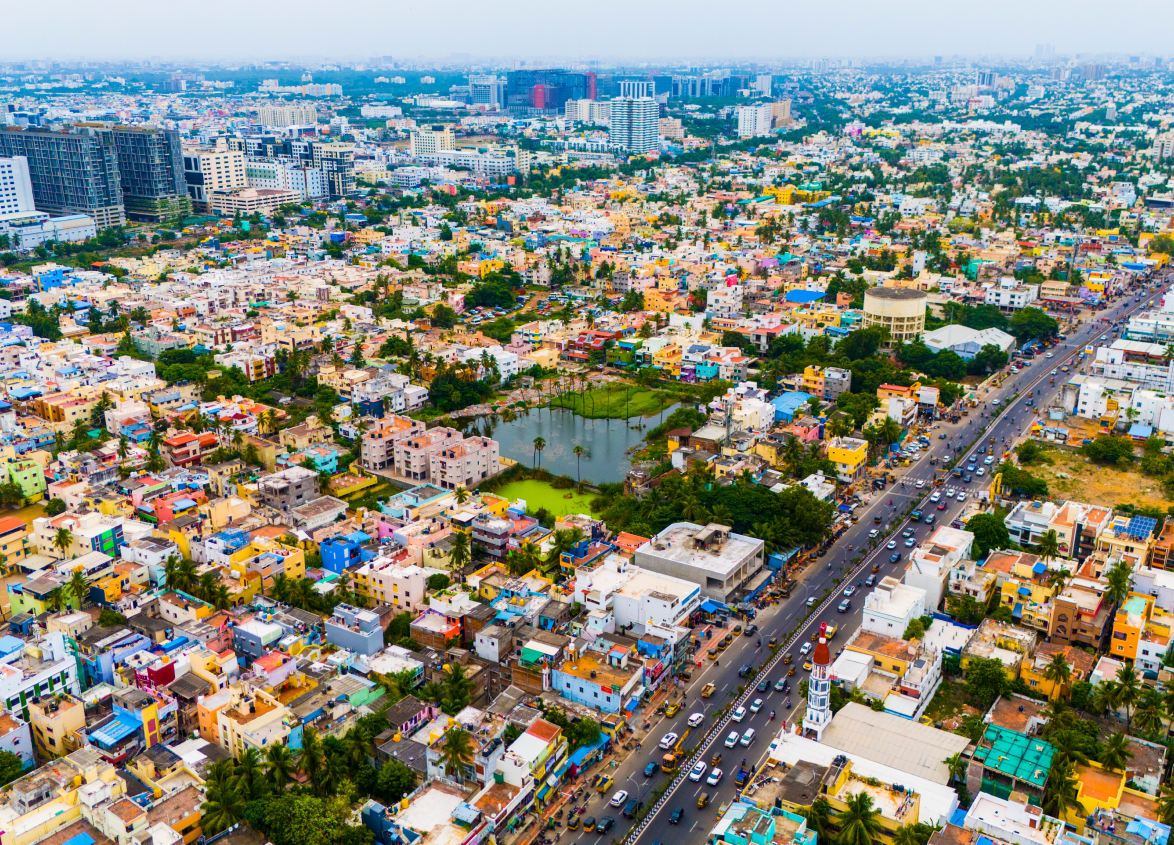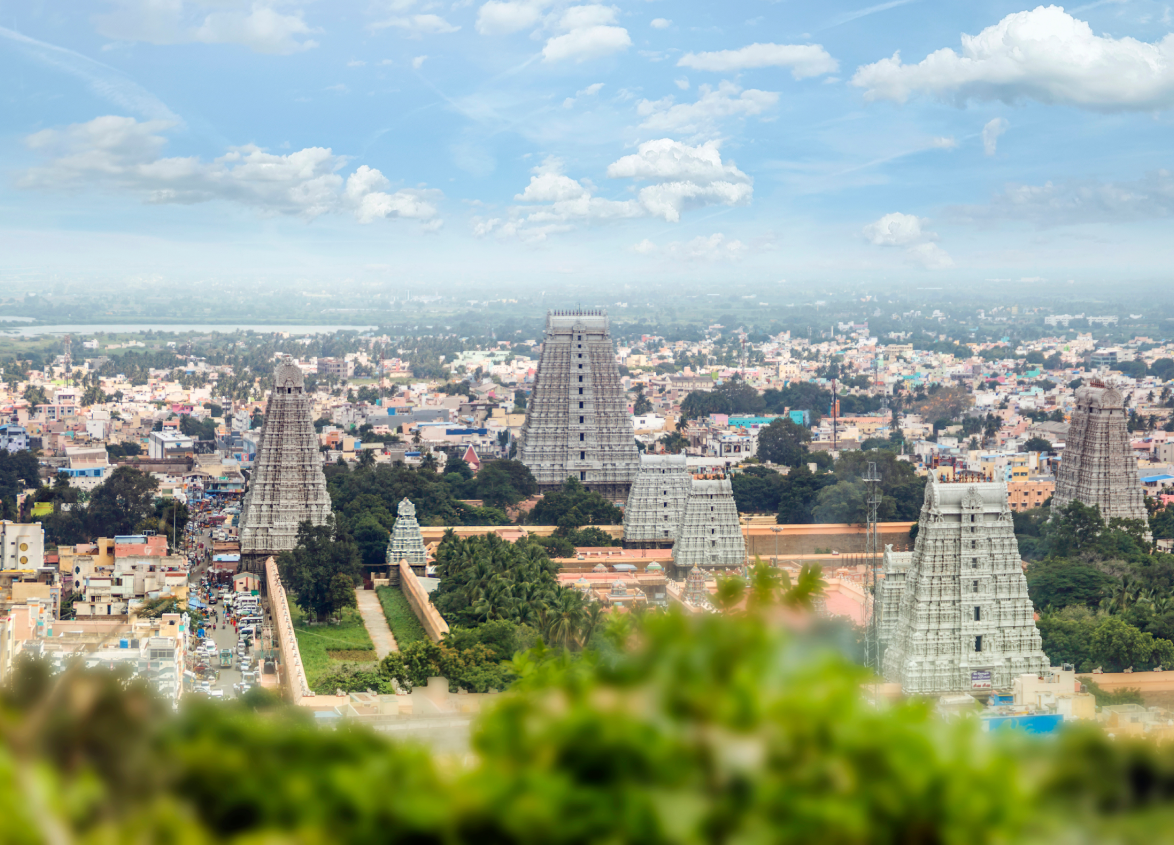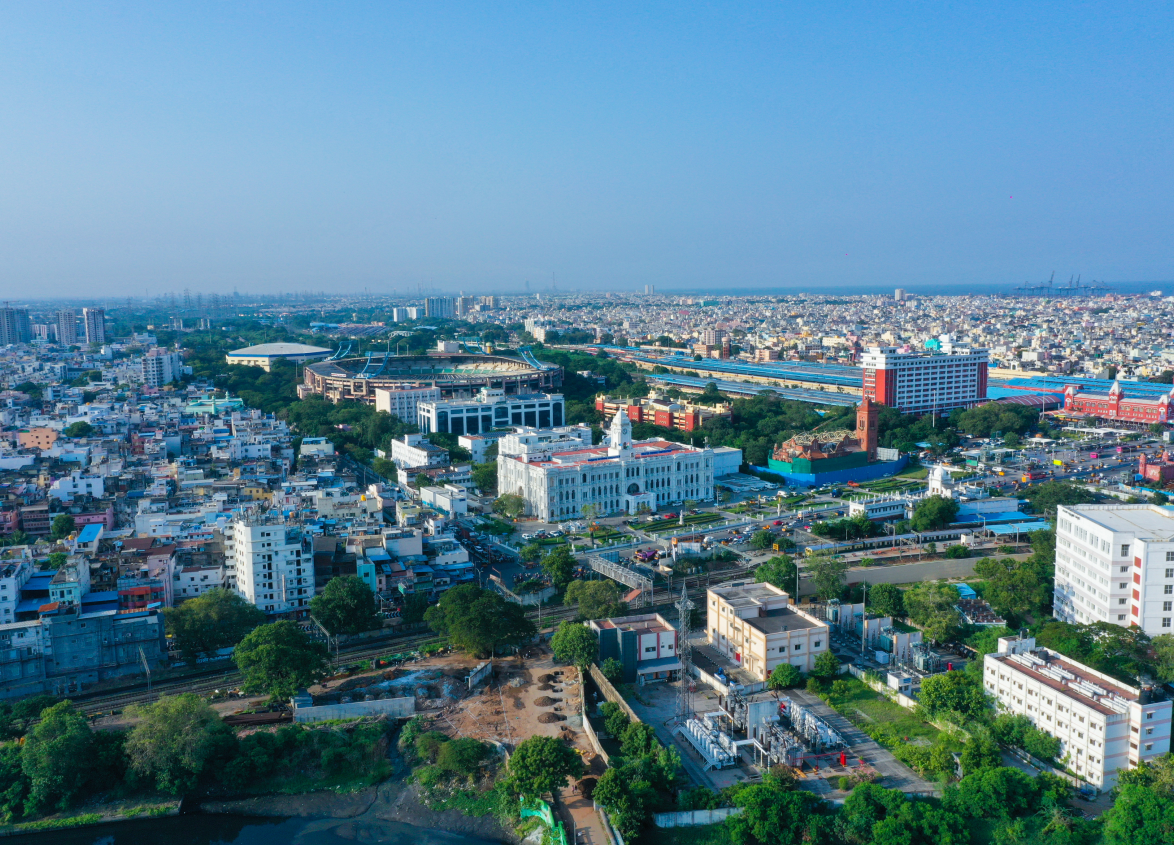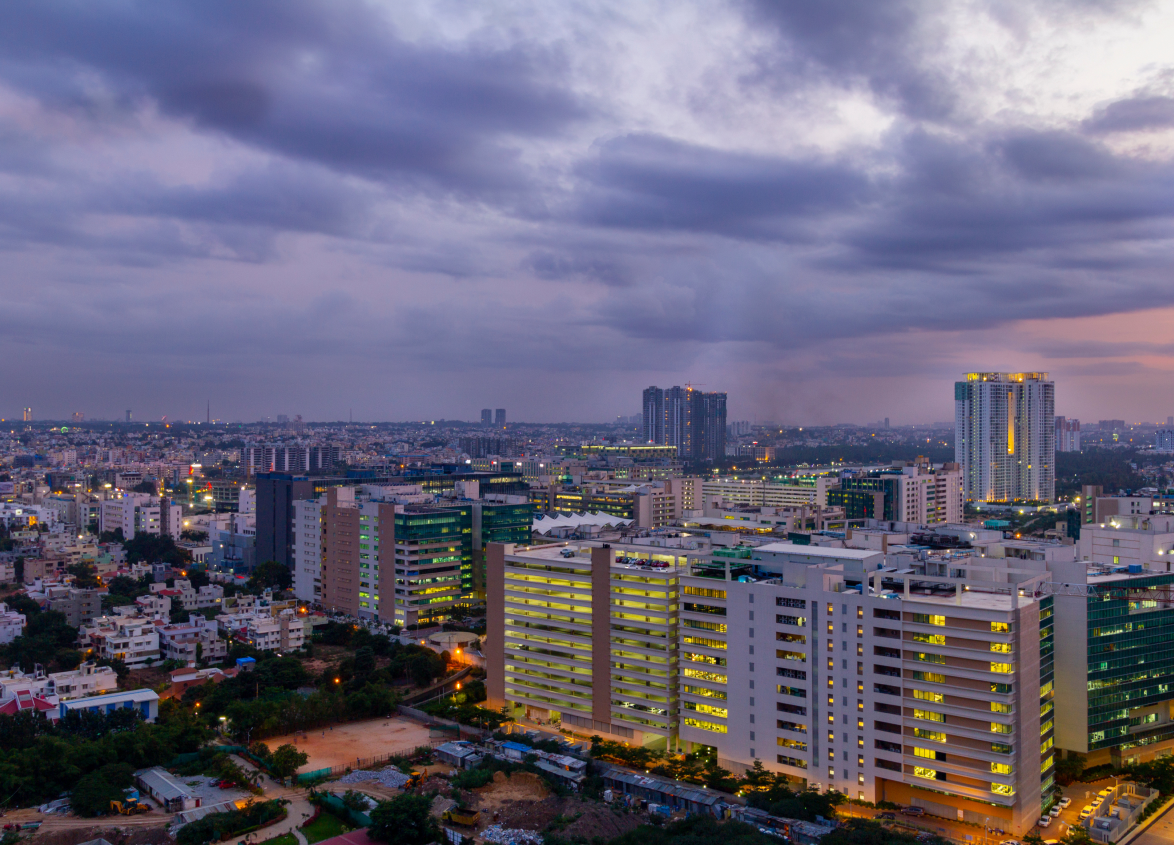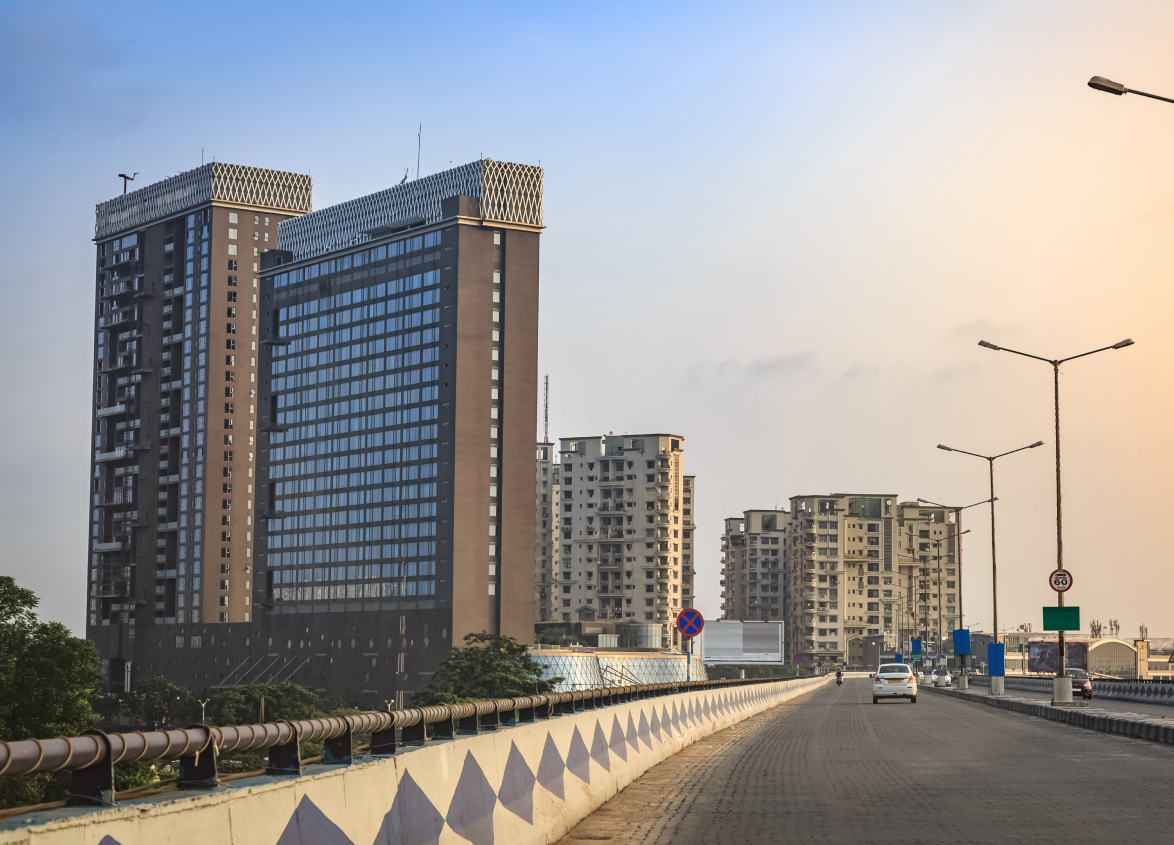
Hospitality
Sustainable Stays: How Eco-Friendly Hotels Are Shaping India’s Tourism Future
September 03, 2025
India’s Shift Toward Sustainable Travel
In recent years, India has seen a transformative shift in travel preferences. Tourists are no longer just seeking comfort or convenience but are consciously choosing accommodations that align with their environmental values. This evolution has given rise to a new hospitality trend: sustainable stays. Eco-friendly hotels in India are redefining the travel experience by offering comfort infused with conscience. From solar-powered suites to plastic-free premises, these spaces are becoming symbolic of a broader movement towards responsible tourism in India.
As the travel industry recovers from global disruptions and climate consciousness continues to rise, the idea of luxury is being redefined. Today, luxury travel increasingly includes eco-consciousness, authenticity and immersion in local culture. Sustainable accommodations are quickly becoming the benchmark of premium travel experiences, and India, with its rich ecological and cultural diversity, is emerging as a strong player in this movement.
What is Sustainable Hospitality?
Sustainable hospitality refers to the practice of operating hotels and resorts in a way that minimises negative environmental impact while supporting local communities and preserving cultural heritage. It involves implementing eco-conscious practices across all operations, including energy use, waste management, water conservation, ingredient sourcing and community engagement.
Globally, the hospitality sector is pivoting towards green practices. Trends like carbon-neutral stays, sustainable architecture and nature-first design are influencing hotel development. Indian hotels, especially luxury eco-resorts and urban green hotels, are aligning with these global shifts to serve a new generation of conscious travellers. These practices aren't just environmentally prudent, they're also financially and socially beneficial, reducing operational costs while enhancing brand image and consumer loyalty.
Core Sustainability Practices in Hotels
- Energy efficiency (LEDs, motion-sensor lighting, green HVAC systems)
- Renewable energy (solar panels, wind turbines)
- Waste reduction (composting, recycling, food waste tracking)
- Water conservation (low-flow fixtures, greywater systems, rainwater harvesting)
- Green building certifications (LEED, IGBC, GRIHA)
- Elimination of single-use plastics
- Local and sustainable sourcing (farm-to-table, organic menus)
- Community involvement (hiring locals, cultural experiences)
Growth of Eco-Friendly Hotels in India
India is quickly becoming a fertile ground for sustainable accommodations. A study by Booking.com found that over 90% of Indian travellers want to travel sustainably. Major urban centres and nature-centric destinations alike are witnessing a surge in green hotels. This aligns with a broader global trend where sustainability is now seen as a value-add, not a compromise.
Government initiatives such as the "Incredible India" campaign and the promotion of eco-certifications like GRIHA (Green Rating for Integrated Habitat Assessment) and IGBC (Indian Green Building Council) are encouraging hoteliers to adopt sustainability. The Ministry of Tourism's Sustainable Tourism Criteria for India (STCI) further incentivises responsible operations. As a result, green hospitality is gaining traction in both new developments and retrofit projects.
Cities like Bengaluru, Coorg, Munnar, Rishikesh and even Jaipur are leading with eco-resorts in India, offering serene getaways rooted in environmental harmony. In urban areas, properties are adopting vertical gardens, green rooftops, solar installations and smart systems to meet energy and water goals.
Brigade Group, through its hospitality initiatives, is also integrating sustainable elements into its hotel developments. From energy-efficient design to local sourcing in F&B operations, select Brigade properties are aligning their hospitality offerings with environmentally responsible standards. These green hotels in India represent the new frontier of hospitality luxury that treads lightly.
Key Features of Sustainable Stays
Green Building Design and Certifications
Eco-friendly hotels in India are increasingly aligning with global and national green certification systems. LEED (Leadership in Energy and Environmental Design), IGBC and GRIHA certifications signify adherence to environmentally responsible design, construction and operational practices. Hotels like The Orchid in Mumbai and ITC Gardenia in Bengaluru have set benchmarks in this area, proving that sustainability can co-exist with luxury and style.
These certifications assess a building's performance across energy efficiency, water management, material usage, waste reduction and indoor environmental quality. The growing list of green-certified hotels reflects a structural shift in the Indian hospitality mindset from short-term cost to long-term value.
Energy and Water Conservation
Sustainable hotels are embracing solar panels, energy-efficient appliances, rainwater harvesting systems and water recycling facilities. For instance, many resorts in Kerala have adopted solar power and bio-gas plants to meet energy needs. Low-flow taps, sensor-based showers and dual-flush toilets help conserve water without compromising on comfort.
Innovative technologies are also being used to monitor and optimise energy use. Smart thermostats, building management systems (BMS) and occupancy-based lighting are helping hotels reduce consumption while enhancing guest experience. In certain mountain and desert resorts, passive design strategies such as cross-ventilation and thermal mass walls reduce the need for artificial heating or cooling altogether.
Waste Management and Zero-Plastic Policies
Green hotels focus on minimising landfill waste through composting, recycling programmes and strict zero-plastic policies. Hotels are replacing single-use toiletries with refillable dispensers and promoting guest awareness about sustainable practices. Brands that prioritise such policies also tend to attract environmentally conscious guests, enhancing brand loyalty.
Food waste management is another important area. Hotels are collaborating with food banks or converting kitchen waste into compost. Some properties, especially in Goa and Himachal, are going a step further by using biogas digesters to turn food waste into clean energy.
Sustainable Dining and Local Sourcing
Sustainable accommodations in India are integrating farm-to-table dining, using organic ingredients sourced from local farmers. This not only reduces the carbon footprint of transporting food but also supports local agriculture. Menus often highlight seasonal produce and regional cuisines, offering guests an authentic and eco-friendly culinary experience.
Resorts in regions like Uttarakhand and Sikkim are taking this concept further by involving guests in the process. Activities like herb-foraging, local cooking workshops and farmers’ market tours not only enhance the guest experience but deepen appreciation for the local culture and environment.
Community Engagement and Cultural Preservation
Many eco-resorts in India go beyond environmental initiatives by integrating local culture into the guest experience. From employing regional artisans and performers to supporting community education and health programmes, these hotels function as hubs of socio-cultural preservation.
Homestays and boutique properties in Ladakh, Meghalaya and the Nilgiris often reflect this deeply where traditional architecture, local folklore and handmade crafts form the bedrock of the stay. Guests come away not just relaxed, but enriched by the lived experiences of the region. These initiatives are central to promoting responsible tourism in India.
Benefits of Eco-Friendly Hotels
- Environmental impact: Reduced carbon emissions, conservation of natural resources and lowered pollution.
- Cost savings: Long-term reduction in operational costs through energy and water efficiencies.
- Enhanced guest appeal: Attracts eco-conscious travellers, especially international guests looking for meaningful, ethical travel experiences.
- Positive brand image: Builds trust and reputation, positioning the brand as a responsible, future-forward player.
- Employee satisfaction: Staff morale and retention tend to improve in workplaces aligned with ethical and environmental values.
Challenges in Adopting Sustainable Practices
Despite growing interest, several barriers remain:
- High upfront investment: Setting up solar infrastructure, water recycling systems or LEED-certified buildings can be costly.
- Lack of awareness: Smaller operators often lack the technical knowledge or motivation to implement green practices.
- Regulatory gaps: Inconsistent incentives and limited enforcement of sustainability guidelines hinder widespread adoption.
- Guest resistance: Some guests may view eco-policies (e.g., limited towel changes, no bottled water) as inconveniences if not communicated effectively.
- Supply chain constraints: Accessing organic, local materials or sustainable alternatives is not always easy in remote or underserved regions.
Conclusion: The Future of Sustainable Tourism in India
The future of sustainable tourism in India looks promising. As both domestic and international travellers grow more conscious of their environmental footprint, the demand for eco-friendly hotels in India is set to surge. Innovations such as AI-powered energy monitoring, smart building automation and renewable microgrids will further elevate the sector.
India’s ecological diversity also makes it a natural destination for conservation-centric tourism. From forest lodges in Madhya Pradesh to marine eco-resorts in the Andamans, every region presents an opportunity to pair tourism with preservation. The increasing visibility of sustainable tourism India-wide signals that the travel industry is aligning itself with ecological responsibility.
Brigade Group's Hospitality vertical is also integrating sustainable design across select properties, showcasing a commitment to a greener hospitality ecosystem. With partnerships rooted in innovation and quality, Brigade’s developments are designed to inspire a future where hospitality and sustainability walk hand in hand.
Upcoming Trends in Sustainable Hospitality
- Smart hotels using AI and IoT to optimise energy use
- Rise of carbon-neutral travel packages
- Eco-certifications becoming industry standard
- Increased focus on biodiversity and conservation tourism
- Collaboration between hotels and local communities
- Experiential travel rooted in nature, culture, and wellness
- Shift towards regenerative tourism models
Sustainable accommodations in India are not just a trend but a necessity. The momentum around green hotels in India and eco-resorts in India is paving the way for a more resilient, ethical and immersive hospitality sector. By embedding sustainability into the very fabric of hospitality, these eco-conscious stays are ensuring that travel in India becomes not just memorable, but meaningful.
Discover Brigade’s eco-friendly hospitality solutions designed for a greener tomorrow.
MUST READ
Looking for something specific?
We'd be delighted to help you.





